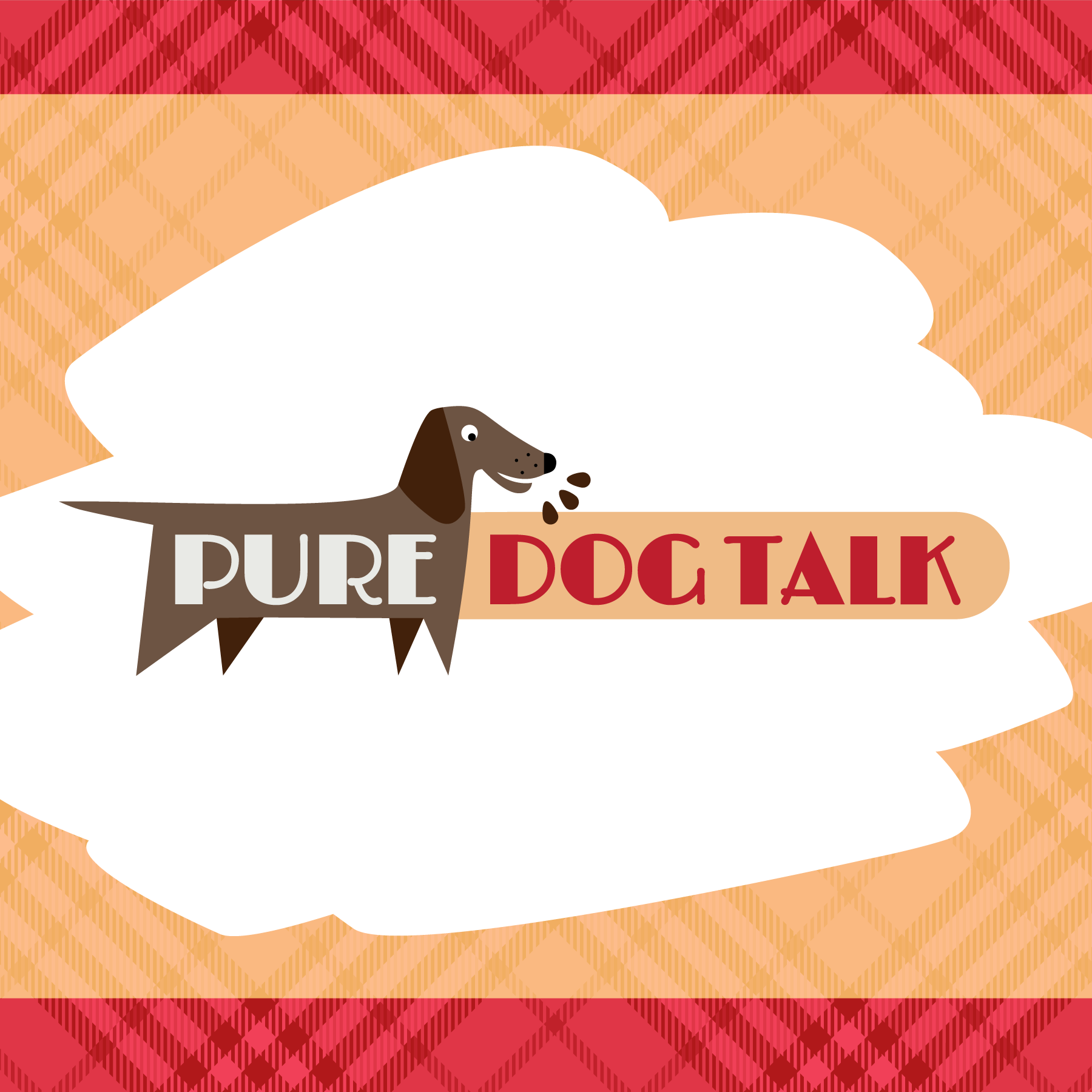Dog Food and Dilated Cardiomyopathy (DCM)
The UC Davis Cardiology Service has developed this document in response to the alerts from the FDA. These alerts identify an associated risk for some grain-free diets containing certain ingredients (legumes like peas, pea components, lentils; white potatoes, sweet potatoes) and a diagnosis of dilated cardiomyopathy (DCM).
Taurine Test Results Are IN – and It’s Frightful
https://www.fda.gov/AnimalVeterinary/ResourcesforYou/AnimalHealthLiteracy/ucm616279.htm
What is Dilated Cardiomyopathy (DCM)?
DCM is a heart muscle disorder that results in weak pump function and heart chamber enlargement. In the early stages of this disease, pets may appear totally healthy with no apparent clinical signs. Later in the course of this disease, dogs may have a heart murmur, an arrhythmia (irregular heartbeat), collapse episodes, weakness or tiredness with exercise, and even trouble breathing from congestive heart failure. While there are some breeds of dogs (like Dobermans) that have a genetic predisposition to the development of DCM, there are also nutritional factors that may result in this disease.
What should I do?
If you are feeding a diet of concern based upon the FDA alert we recommend that you consult with us or a veterinary cardiologist. UC Davis provides 4 general points for guidance below:
- An initial step is to consider whether you are willing or interested in performing additional testing to assess whether your pet is affected with DCM. If you believe your dog is at risk, showing any of the aforementioned clinical signs or would prefer to simply rule out any heart disease, we recommend that you first have your pet’s taurine levels tested as well as seek an echocardiogram by a board-certified veterinary cardiologist. Low taurine levels are associated with development of DCM in dogs and are sometimes a component of this current issue. Test results from dogs in our practice range from 181-347 nMol/ml. The low end is close enough to “at risk” to have us start taking action – changing diets and adding taurine.
Information on taurine testing can be found here:
https://www.vetmed.ucdavis.edu/labs/amino-acid-laboratory
- At this time, diet change is recommended when possible and should be considered regardless of the results obtained from any testing. You can consult with us in selecting a new diet that avoids the ingredients of concern listed by the FDA. When selecting this diet, we recommend that you choose a diet that is manufactured with rigorous quality control measures and research behind the formulation. A way to ensure that your diet meets these recommendations is to follow the following guidelines that were generated by a large number of the world’s leading experts in veterinary nutrition. We recommend Hill’s Science Diet, Royal Canin/Iams and Purina. These companies have been producing dog food since the 1940s and do feeding trials on their food. Many newer companies only do AAFCO testing and don’t have a track record of successfully feeding dogs and cats for 70 years.
Food selection guidelines found here:
https://www.wsava.org/WSAVA/media/Arpita-and-Emma-editorial/Selecting-the-Best-Food-for-your-Pet.pdf
- If your pet is identified through testing to have a low blood taurine level or evidence of DCM by echocardiogram, we urge you to report this information to the FDA.
FDA reporting guidelines found here: https://www.fda.gov/AnimalVeterinary/SafetyHealth/ReportaProblem/ucm182403.htm
- Work with us to determine the best course of action and medical treatments if indicated. In the case of a DCM diagnosis, diet change alone may not be sufficient and additional medications may be prescribed. The current recommendation is to add GNC’s Taurine 500 mg tablets – at a dose of 1 tablet twice a day – for the next 3 to 6 months or 1000 mg twice a day for giant breed dogs.
Please continue to monitor the FDA website, www.veterinaryvillage.com and the UC Davis School of Veterinary Medicine Newsfeeds for updates and recommendations regarding this issue.
|
Whole Blood nMol/ml |
Whole Blood nMol/ml |
|
Normal Range |
No known risk for deficiency |
| Dog |
200-350 |
>150 * |
| Cat |
300-600 |
>200 * |
*Please note with recent increase in the number of dogs screened for taurine deficiency, we are seeing dogs with values within the reference ranges (or above the “no known risk for deficiency range”) yet are still exhibiting signs of cardiac disease.



